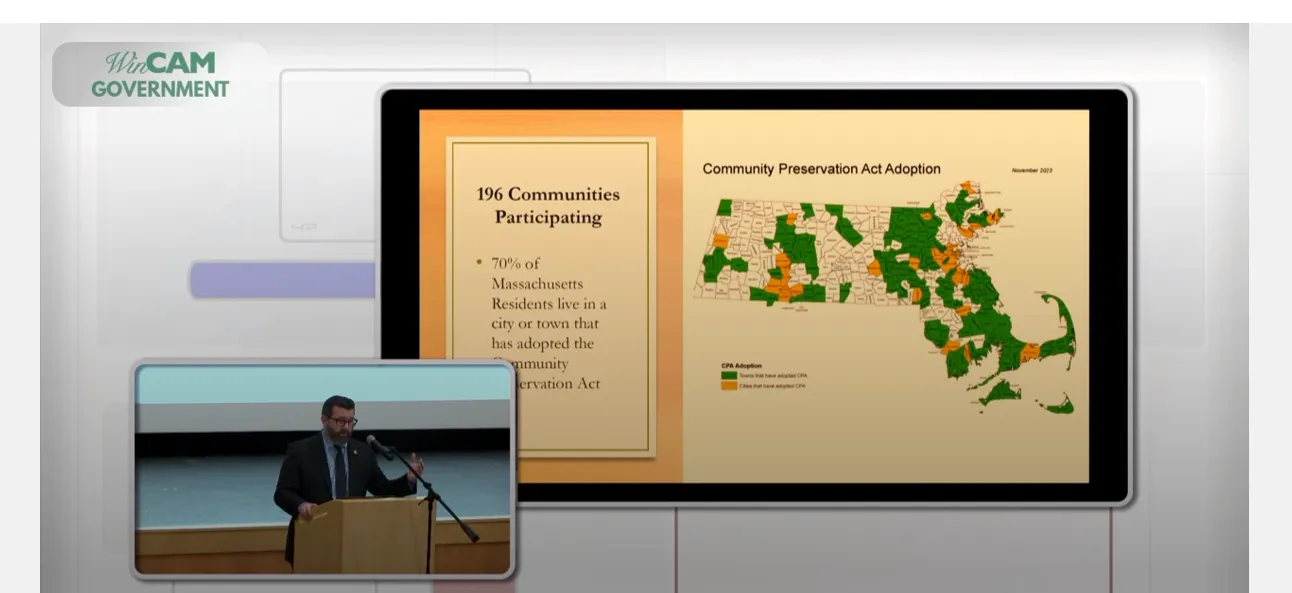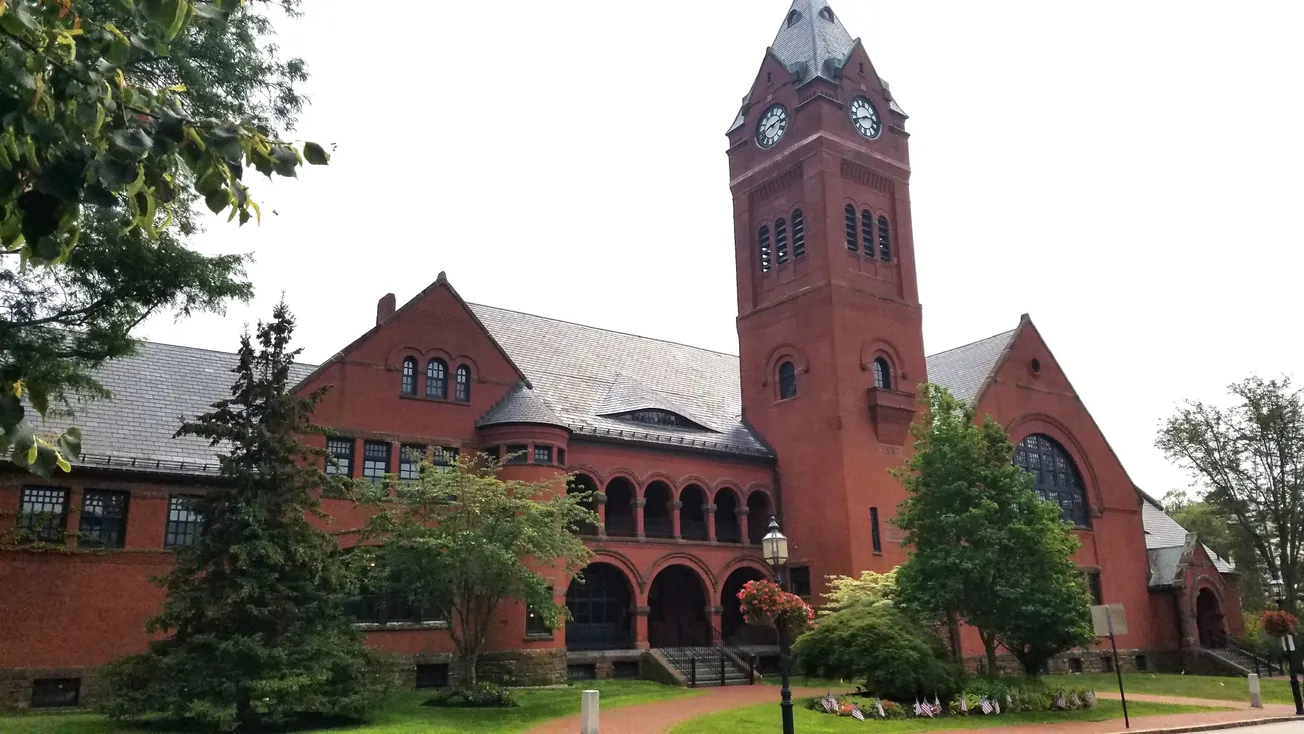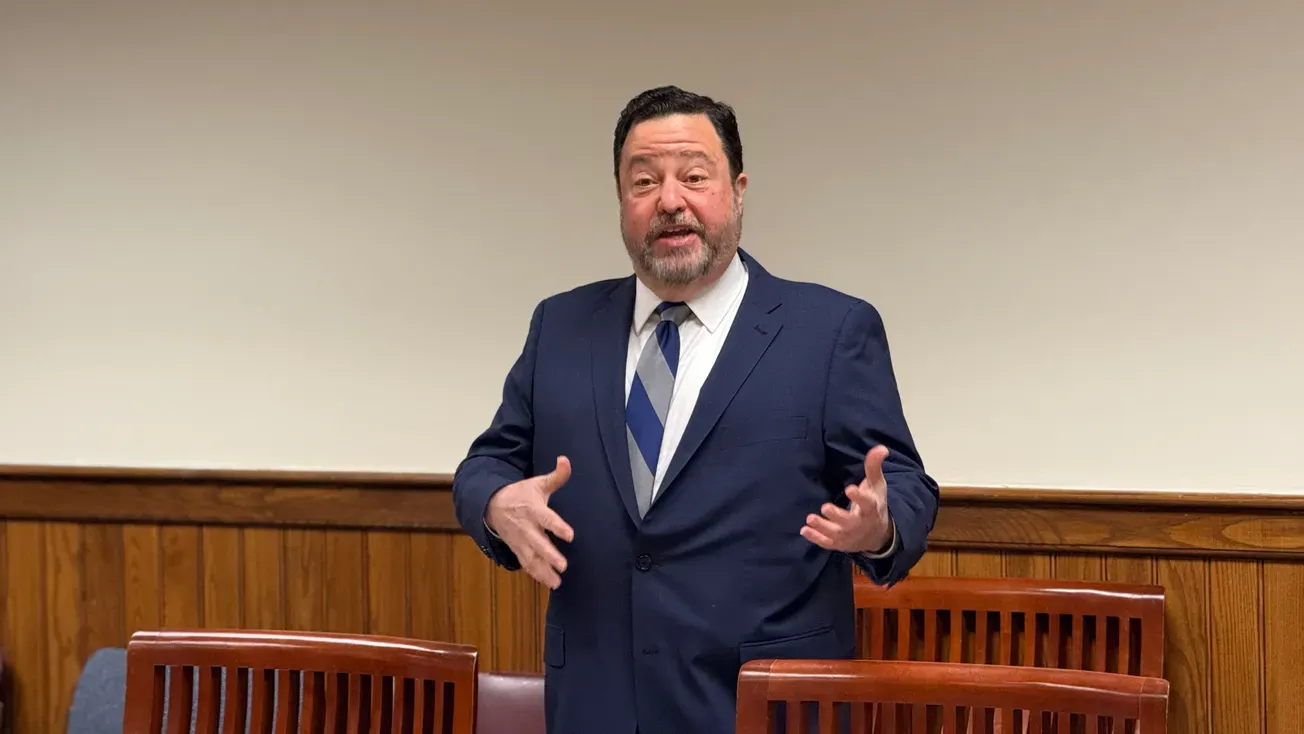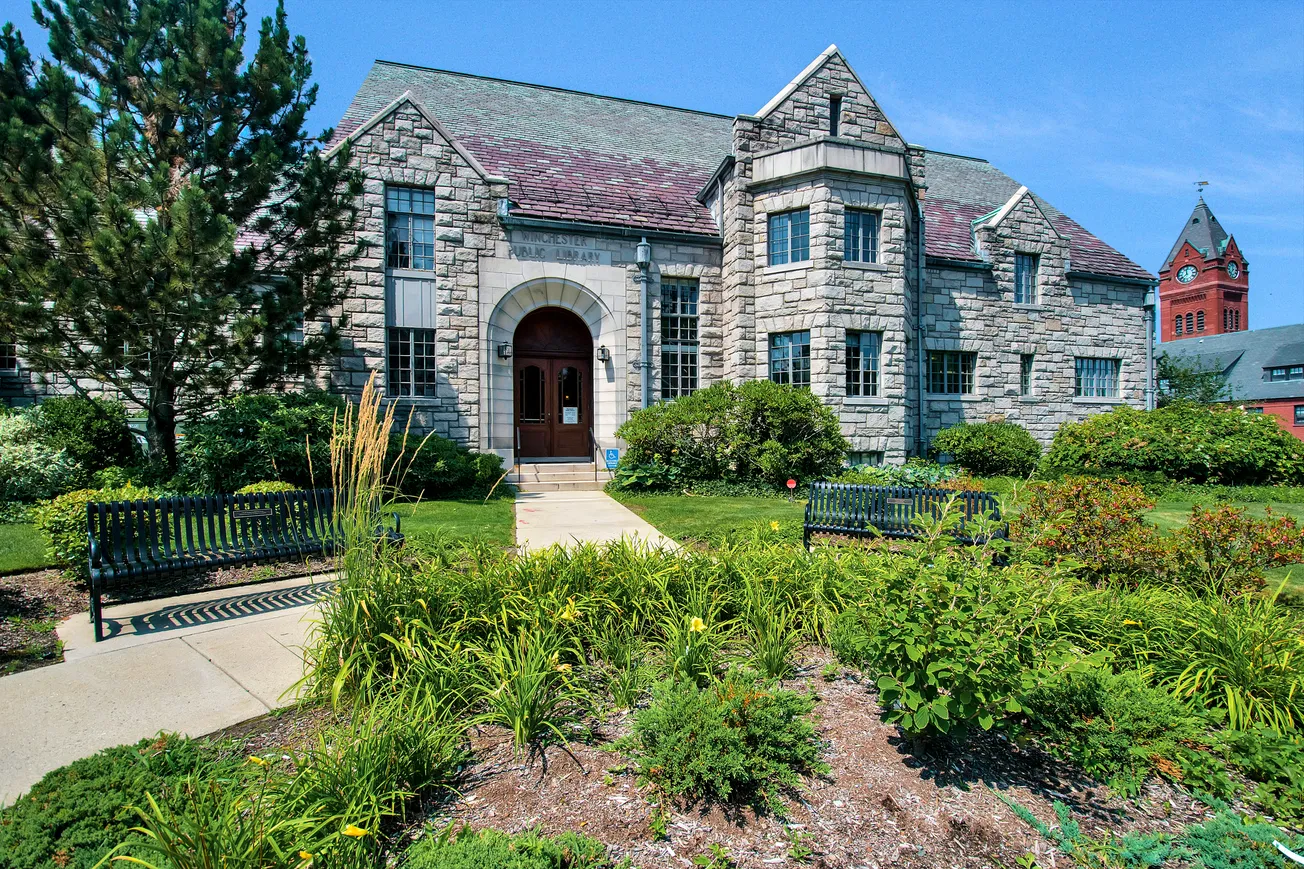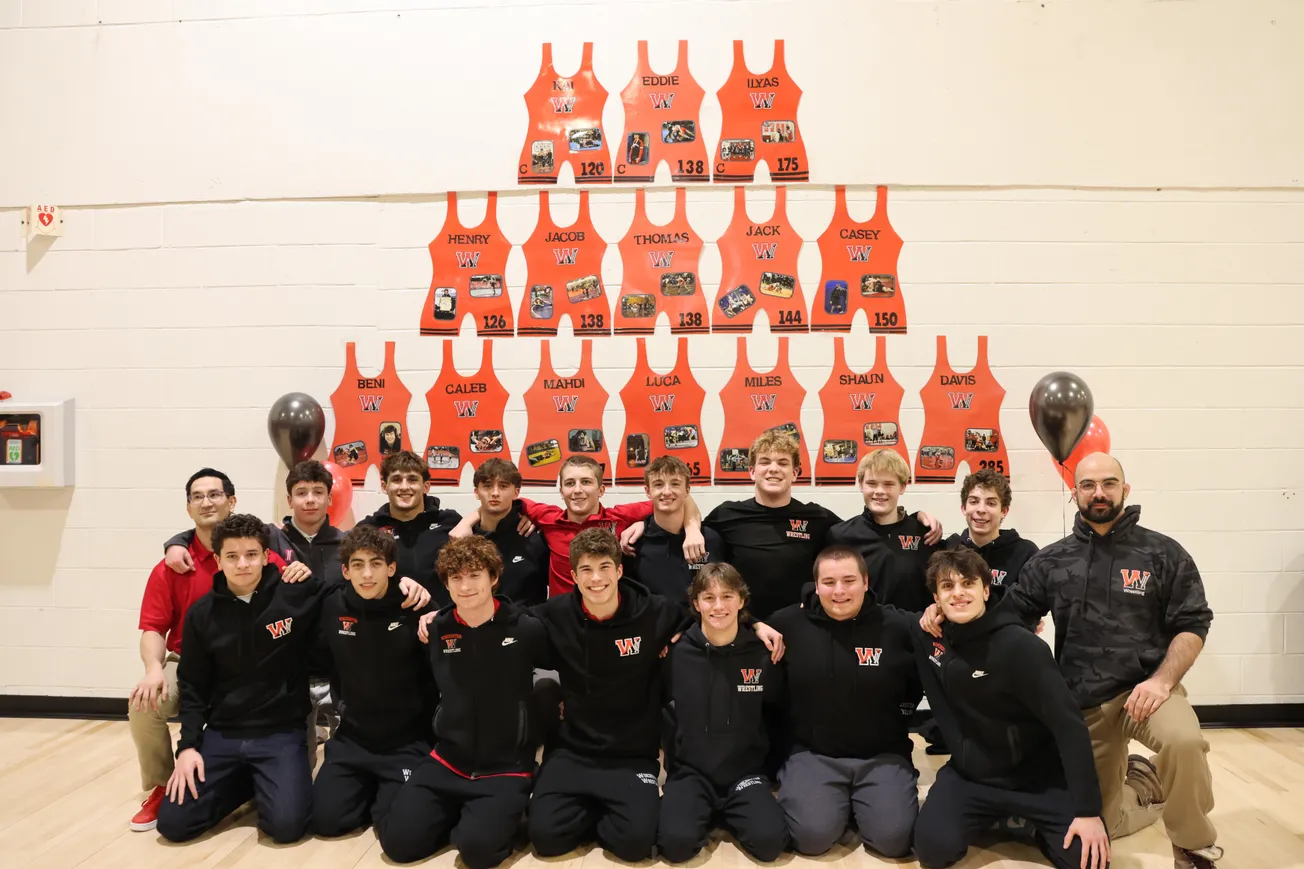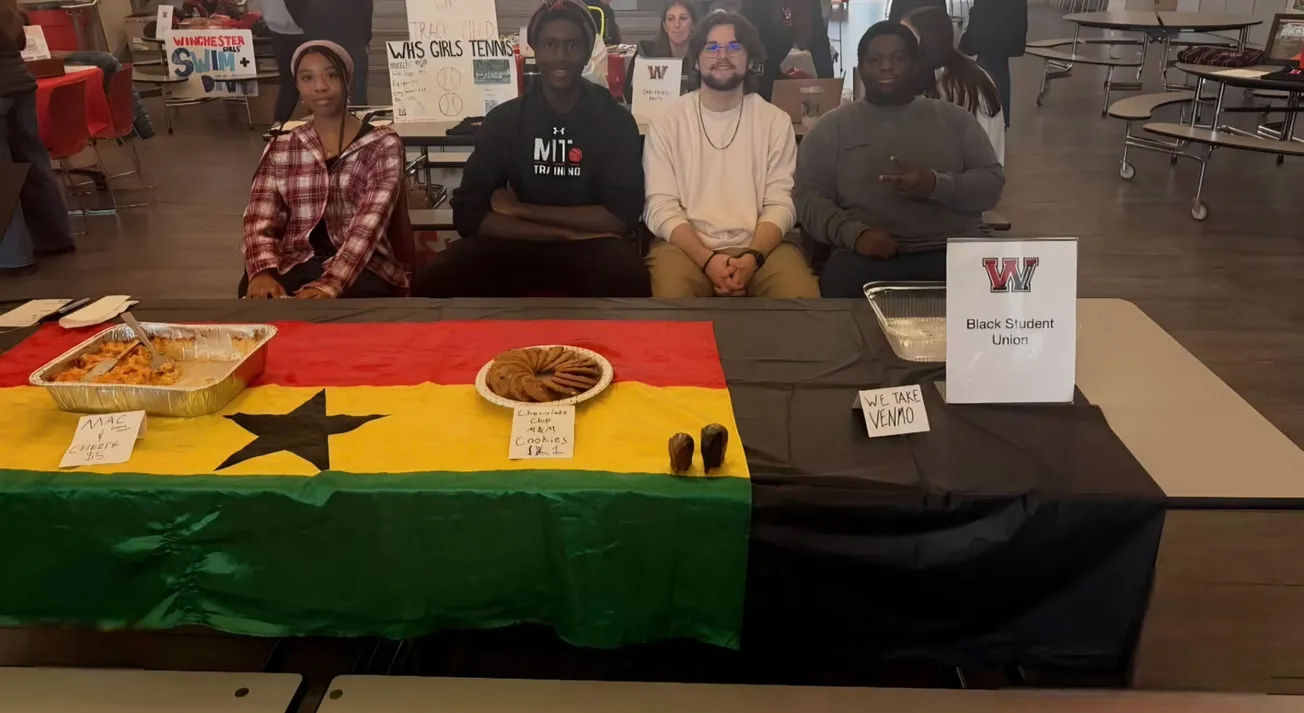Table of Contents
Community Preservation Act (CPA) proponents have a short window to catch their breath following a Town Meeting victory before jumping back into the thick of it.
Town Meeting approved Article 9 in a landslide 132-21 vote earlier this month, but that was just the first step in the journey to implementation. Voters will make the ultimate decision to adopt, or not, the new bylaw on Nov. 5.
“I think we’ll set up an advisory committee per section 8 of the bylaw,” said CPA Study Committee Co-Chair Michael Bettencourt, who also sits on the Select Board.
Bettencourt said after the advisory committee is set, it will launch a campaign to educate voters on what the CPA can do for the community.
“And I’m guessing we’ll hit the ground running in September,” he said
Bettencourt said the reason they’ll wait until late summer to launch an educational campaign is because summer is a tough time to reach voters. And, he worries that if you start an issue campaign too early, it could very well lose steam before Election Day.
For those who haven’t heard, the CPA is a state law passed in 2000 that enables Bay State communities to raise funds for open space, historic preservation, affordable housing and outdoor recreation/open space through a tax surcharge. The state also throws in funds.
If the measure is approved by voters on Nov. 5, the 1.5% tax surcharge that will be imposed on property owners could top $1.5 million. The estimated state match, at 20%, based on the most recent match, would be approximately $306,259.
Bettencourt said a 20% state match might seem small, but it adds up “and you can borrow against future CPA revenue.” For example, if the town raises $350,000 through the CPA, “that could turn into debt service for a $4 million project,” he explained.
This is not the first time the CPA has been raised in Winchester. Bettencourt said he believes it first came up around 2008 as a way to save Wright-Locke Farm from developers, but aggressive opposition won out and sank the idea.
This most recent push for CPA adoption also came with what Bettencourt called heavy interference, but he is confident that when Nov. 5 rolls around, residents see the CPA as a no brainer.
When asked if there was an organized opposition forming in regards to their campaign, Bettencourt said he didn’t think so. He said he believes the tax impact on the average resident is small enough, approximately $200 spread over four quarters — that it won’t make big waves.
“I don’t think it will have the impact on taxes like a large school project would,” he said.
How to get it done
Bettencourt attributed the Town Meeting victory to the many hours put in by the CPA Study Committee.
“The work of the study committee really positioned us well for Town Meeting,” he said. “And we just followed all the directions from the Community Preservation Coalition. They really gave us the framework to do this.”
And he expects the coalition will help in educating residents on the issue as well.
Bettencourt said the coalition website has “soup to nuts on how to get the CPA passed in your community.” And that includes resources for adoption campaigns that include talking points to lawn signs to draft editorials, some of which Bettencourt said they will likely be tapping into.
One piece of advice the committee already took from the coalition was to wait until a presidential cycle to put the CPA question before voters. Bettencourt said according to the coalition, the highest rate of passage came during the presidential cycle, which was the opposite of what the Study Committee thought.
“So we deferred based on the recommendation,” he said. “They are definitely instrumental in providing the framework for how to run a successful campaign”
So why now
What precipitated this move to get the CPA on the ballot? Bettencourt said he thinks it was when people began to acknowledge the backlog of capital projects that just weren’t getting done. He said there are a long list of deferred maintenance projects particularly around athletic fields and playgrounds.
“There are a lot in the category of important, but not necessary so they would be continually deferred,” he said.
Some board members wanted to do a capital project override in the $40 million range at the same time the community is planning the Lynch School project and there is still flood mitigation work to fund — that could have resulted in borrowing over $100 million, Bettencourt said. At the same time, they’re hearing from residents that costs are too high, he added
Bettencourt was quick to note that passing the CPA is as much a financial strategic move as it is a feel-good-kind of move.
As a funding source, it’s actually something … that will hold down costs in the future, he said.
“This was a financial strategy,” he added.
Winchester News is a non-profit organization supported by our community. If you appreciate having local Winchester news, please donate to support our work, and subscribe to our weekly newsletter.

